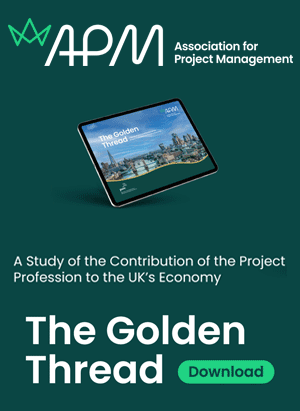Think Tanks
|
|
IFS - Very weak income growth for poor pensioners has meant rising pensioner poverty since 2011
This report examines the key trends in pensioner incomes and poverty over the past two decades.
Pensioner incomes increased much faster than incomes of working-age people from the early 2000s until 2011. This led to the remarkable situation where, on average, pensioner incomes reached around the same level as average incomes for those under state pension age. Since then, average incomes of pensioners have grown no faster than anyone else’s – incomes of both pensioners and those of working age grew by 12–13% between 2011 and 2022.
However, over the same period, incomes at the 10th percentile of pensioner incomes grew by just 5%. This means that the gap between poorer pensioners and those on average incomes grew. Relative pensioner poverty also rose between 2011 and 2022 from 13% to 16%, equivalent to an additional 300,000 pensioners in poverty.
These are some of the headline findings in new IFS research into pensioner incomes and poverty, funded by the Joseph Rowntree Foundation.
The new research provides key insight into these trends:
- Before and during the Great Recession (2002 to 2011), average pensioner incomes grew by 22%, while average working-age incomes fell by 3% thanks to slow growth pre-recession and big falls after the financial crisis. This period was followed by similar growth for average incomes of pensioners and working-age individuals from 2011 to 2022 (12% and 13% respectively).
- But the pattern was very different for poor pensioners. Incomes for poor pensioners (at the 10th percentile) grew by 14% from 2002 to 2011, and relative pensioner poverty fell from 25% to 13% over the same period. But from 2011 to 2022, incomes for poor pensioners rose by only 5% in real terms, leading to them falling further behind the average and relative pensioner poverty rising from 13% to 16%.
- Poorer pensioners have fallen behind since 2011 in part because they have benefited neither from increases in private pension incomes nor growth in employment incomes that have boosted incomes for middle-income pensioners and working-aged people respectively.
- Furthermore, while poorer pensioners have seen increases in their state pensions, this has not had big impacts on total incomes. This is because higher state pensions have meant they are increasingly ineligible for means-tested state support. Indeed, average benefits other than the state pension paid to pensioners fell by 15% from 2011 to 2022. Most of this decline is explained by rising state and private pension incomes reducing their benefit entitlements, not by cuts to the generosity of the pensioner benefits system.
- During the cost-of-living crisis, measures of income poverty look to have understated the financial difficulties facing poorer pensioners. While the relative poverty rate for pensioners fell from 18% in 2019 to 16% in 2022, the proportion of pensioners who report being unable to afford key material items (‘in material deprivation’) rose from 6% to 8% over the same period, and the fraction who could not afford to heat their home rose from 2% to 5%.
Anna Henry, a Research Economist at the Institute for Fiscal Studies, said:
‘Pensions and pensioner incomes got little attention during the election campaign. In part that is because of a sense that pensioners have been doing better than others, and indeed the gap between the average incomes of pensioners and of working-age people narrowed dramatically especially in the lead-up to, and during, the Great Recession.
‘But reductions in pensioner poverty seen before 2011 have gradually gone into reverse. The new government will need focus on current and future challenges for pensioner incomes, especially those of low-income pensioners, and not assume that everything will always be getting better. Taking action to raise the low rate of take-up of pension credit – the key means-tested benefit for poor pensioners – would be a natural option.’
Peter Matejic, JRF Chief Analyst, said:
This report proves political choices can bring down poverty, as they did for pensioners, so we hope the government will prioritise making choices that reduce poverty for everyone.
‘In the decade to 2012, pensioner poverty was reduced by focusing on living standards, by introducing pension credit and increasing the state pension. More people are retiring with some income from a private pension, which has also brought poverty levels down.
‘But Ministers should note that this report highlights more needs to be done to address the low take-up of pension credit which acts as a brake on its power to reduce pensioner poverty. This is a problem across the benefits system, with many people not claiming support they are entitled to. There is no good reason more can’t be done to educate and inform people about their entitlement, as well as to simplify the application process.’
How have pensioner incomes and poverty changed in recent years?


